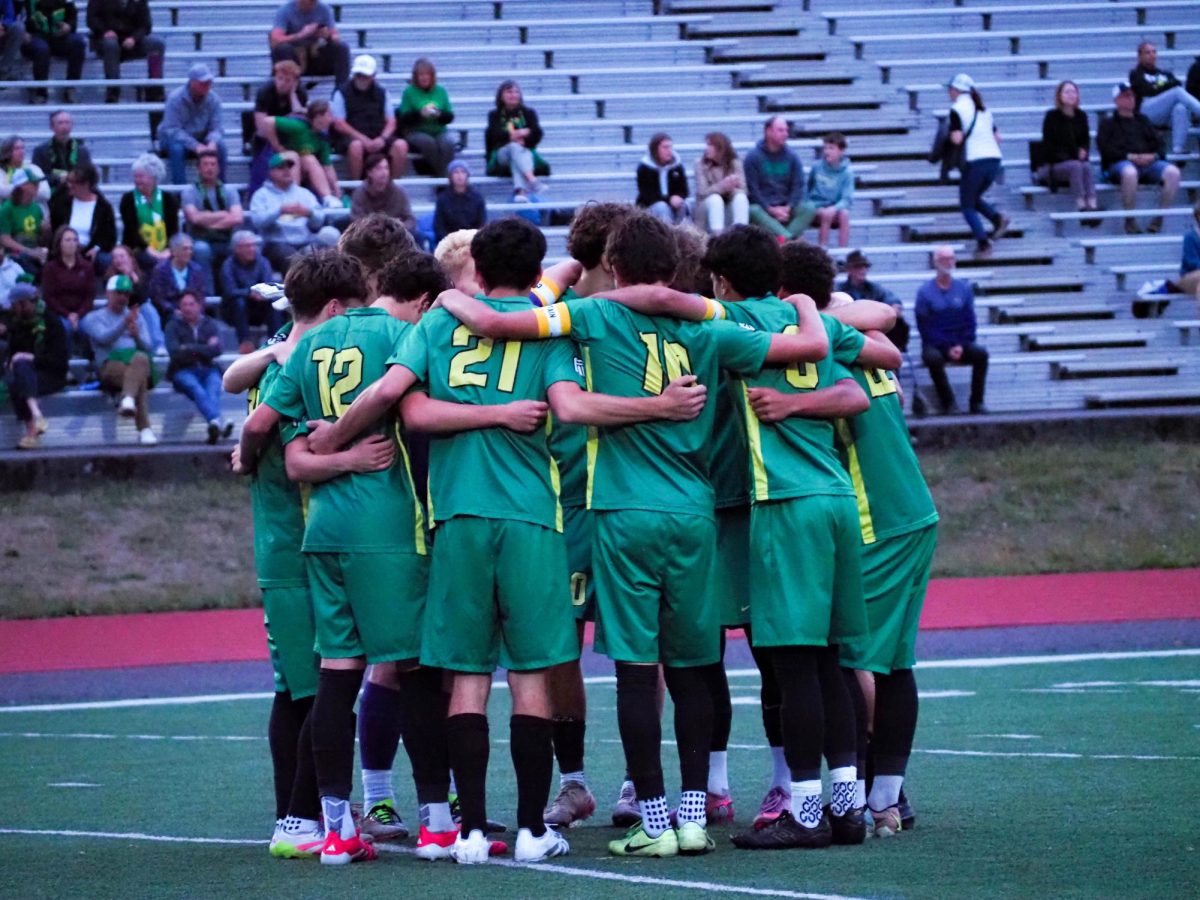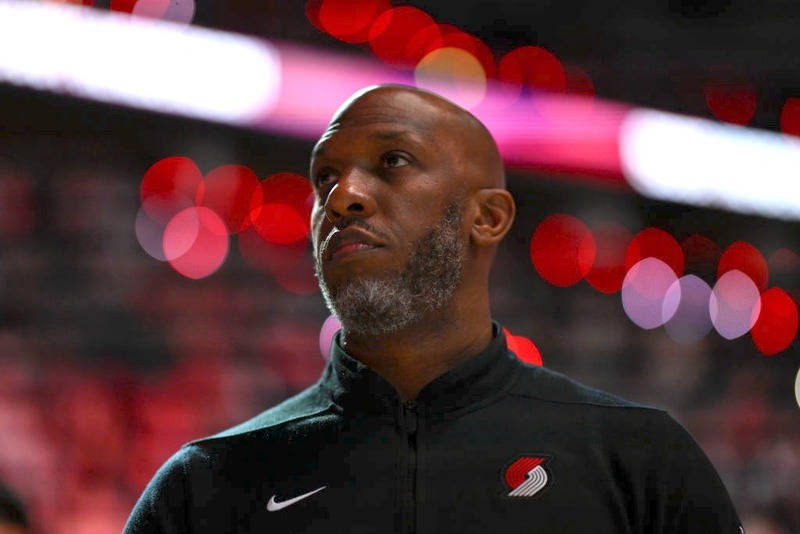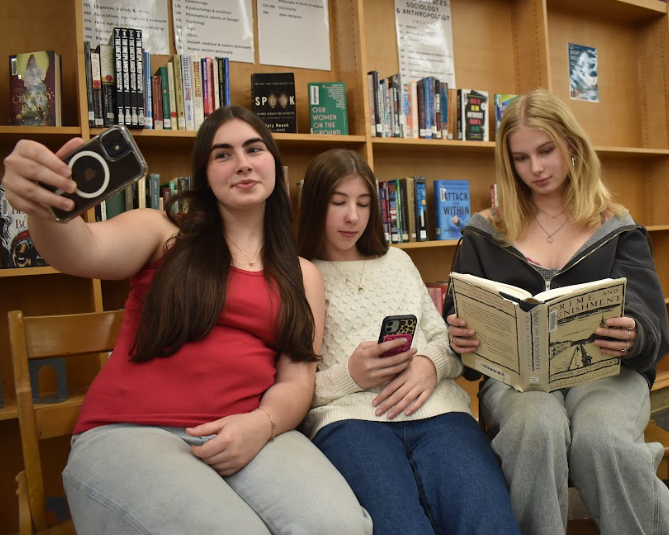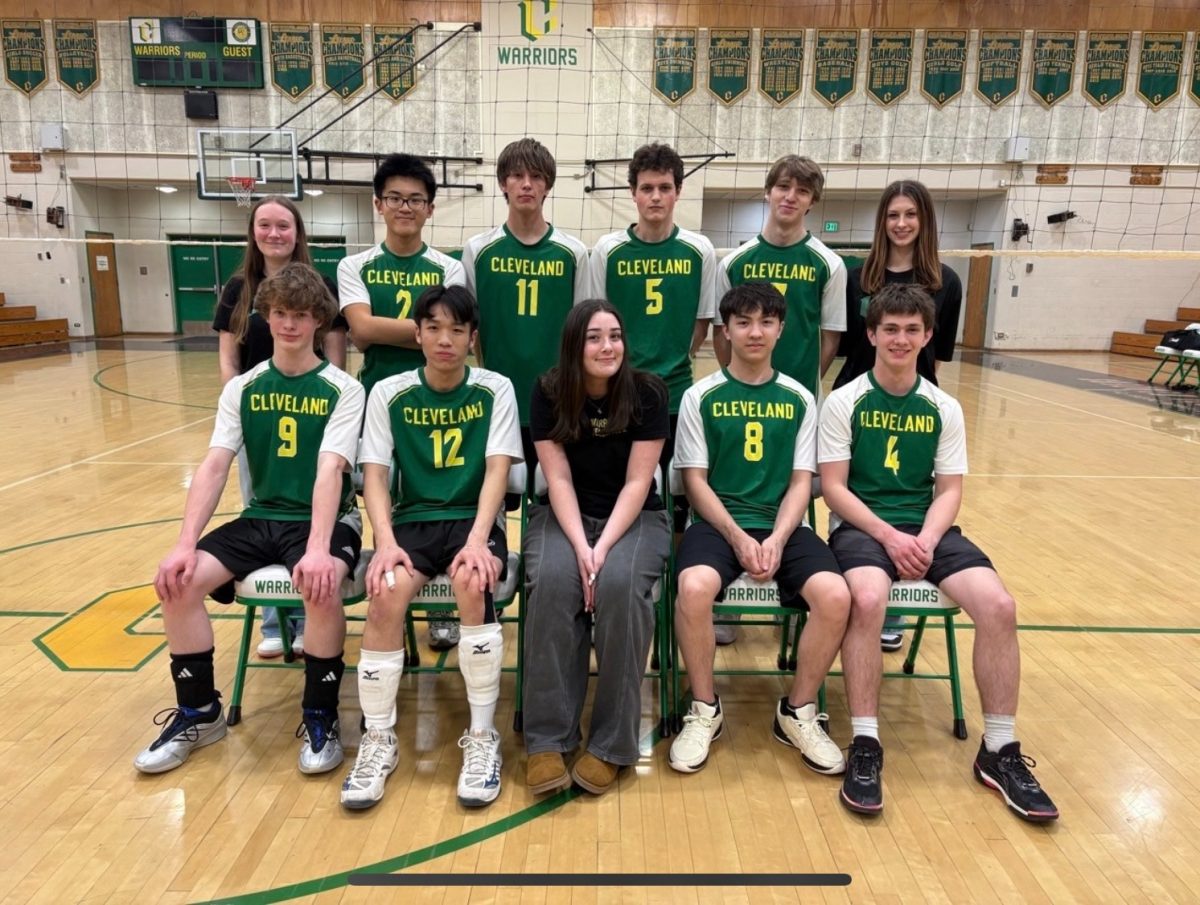Revoking Dreams
December 5, 2017
In September, President Donald Trump chose to end Deferred Action for Childhood Arrivals (DACA), a program put into place by the Obama Administration. This program allowed around 800,000 undocumented child immigrants (called Dreamers) to live in the United States, receive public education, and obtain work permits, given they met certain requirements. Trump gave Congress six months to create a replacement bill to protect undocumented child arrivals. In the meantime, Dreamers across the United States are left to worry about their futures.
“They’re being punished for a decision that they didn’t even make, to come live in the United States, and now they’re being thrown into a situation where the potential is to be deported to a place that they don’t even know, and in some cases, don’t even speak the language. That’s tragic,” said Kendra Wisely, a Spanish teacher at Cleveland.
In the state of Oregon, there are approximately 9,823 Dreamers. Many of them are students. At Cleveland, there is a large number of students who will in some way be affected by the revoking of DACA, even if they themselves are not Dreamers.
Francisco Mendez-Cortes, a sophomore, is concerned for his family, and what lies ahead for them.
“My first reaction was that it didn’t really matter to me. I didn’t really care because I didn’t really know what it was in the first place,” said Mendez-Cortes. Then, he said, he realized what it meant for his sister, cousins, and friends from Mexico. “It’s just kinda like, why are they doing this? Do they not care?”
Mendez-Cortes went on to talk about his sister, an immigrant from Mexico.
“Something that worries me is my sister, who is from Mexico, and came here and studied. She worked hard to get to where she is now, and now she has a daughter. I’m worried about what’s going to happen for my family,” said Mendez-Cortes.
Students are some of the most heavily impacted by the repeal of DACA. Many Dreamers came to the United States as small children (the average age is six), and don’t know their home country, or even speak the language. President Trump’s decision affects Dreamers in many ways, but most of all emotionally. These people have dreams and things they want to accomplish. By revoking DACA, Trump has crushed these aspirations and kicked them to the curb. Without the program to protect them, Dreamers will be lost.
“You can’t really focus on your educational goals if you’re so preoccupied with what this means, whether that’s deportation of one’s self or one’s family members,” Wisely said. “There’s a lot of fear, there’s a lot of panic, there’s a lot of hopelessness, a lot of ‘what comes next?’ We’re kind of in a waiting period to see if Congress does anything. It’s a scary time.”
Portland Public Schools has released a statement, along with our principal, Ayesha Freeman, making sure that students who are directly or indirectly affected by this feel safe and supported.
“They need and deserve the best education we can offer. We offer our strongest support for these students and their families,” said Portland Public Schools Chair Member Julia Brim-Edwards, Assistant Superintendent for School Performance Antonio Lopez, and Interim Assistant Superintendent for Teaching and Learning Dr. Van Truong, in their statement.
Teachers district-wide also received this statement.
“As educators, we do not inquire about a student’s status in terms of whether or not they are ‘legally’ in the country. Everyone is welcome,” said Stephanie Goldbloom, an English Second Language (ESL) teacher.
Although several protests have been held around the country, including in Portland and at the White House, President Trump seems firm in his decision.
If you want to speak out or help, you can text RESIST to 50409. If you or someone you know is personally affected by this, the counselor’s office is open for appointments.
Goldbloom said, “Everyone is impacted by DACA’s repeal, either directly or indirectly. Anytime we take away basic rights and opportunities, we hurt our community. The repeal of DACA is a disgrace. DACA not only validated and welcomed people, it paved the way for opportunities for success. Shouldn’t we want this for all people?”














